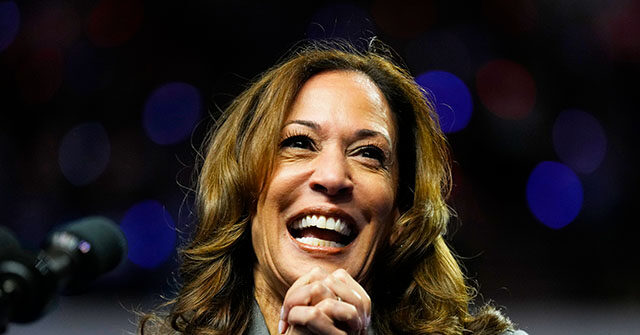The intersection of the porn industry and American politics has taken a new turn as the 2024 presidential campaign heats up. A $100,000 advertisement initiative entitled “Hands Off My Porn” has been launched by a group of 17 pornographic film actors, aimed at informing voters about the pressing concerns surrounding potential proposals to ban pornography. This initiative is particularly focused on attacking Project 2025, a conservative agenda that has become a pivotal topic for several Democratic campaigns. The ads will be strategically placed on pornographic websites and target seven swing states: Pennsylvania, Michigan, Wisconsin, North Carolina, Georgia, Arizona, and Nevada, where they hope to influence the voting tendencies of young men.
The motivation behind this campaign stems from a calculated assessment of current polling data and the demographics of porn consumption. As reported, Vice President Kamala Harris faces challenges in garnering support from male voters, particularly from the younger demographic. However, campaign organizers believe that tapping into the interests of younger men, who are statistically the largest consumers of porn, may pivot their votes toward the Democratic ticket. Research from the Survey Center on American Life indicates that a significant percentage of men in younger age brackets engage with pornographic content regularly, highlighting this group’s potential impact on the electoral outcome.
Industry veteran Holly Randall has openly expressed her concerns about the implications of Project 2025, describing it as an extreme proposition aimed directly at the porn industry. With over 25 years of experience in the field, she emphasizes the historical legal precedent supporting the consumption of pornography, asserting that voters must recognize the seriousness of the threats posed by such proposals. Randall’s declaration points to an urgent need for awareness within the public sphere regarding the potential ramifications of conservative policies on personal freedoms and industry viability.
Furthermore, the campaign seeks to leverage the emotional and cultural significance of pornography in the lives of millions of Americans, particularly younger generations who may feel that their freedoms are under threat. By appealing to the values of individual choice and rights, the “Hands Off My Porn” campaign aims to resonate with voters who prioritize personal freedoms over conservative policy proposals. The targeted messaging serves to create a narrative that not only undermines the roles of conservative views in the political landscape but also fosters a sense of urgency among potential voters who regularly engage with adult content.
As the election approaches, this initiative could significantly influence public discourse related to both the porn industry and larger conservative policies that seek to regulate personal freedoms. With pivotal swing states being instrumental in determining electoral outcomes, any shift in voter alignment, particularly among younger men, could prove consequential for the Harris campaign. As such, the porn industry’s entry into the political arena illustrates the ways in which societal interests intersect with electoral strategies and voter mobilization.
In conclusion, the “Hands Off My Porn” campaign symbolizes a novel effort by the porn industry to harness political power through voter mobilization while simultaneously protecting its interests against legislative threats. By creating a compelling narrative around personal freedoms and drawing attention to the consequences of conservative agendas, this campaign seeks not only to rally support for Kamala Harris but also to elevate the conversation surrounding the rights and dignities of those working in the adult entertainment sector. The implications of this initiative could extend beyond the immediate electoral cycle, potentially redefining the boundaries of political engagement and activism within the porn industry at large.

